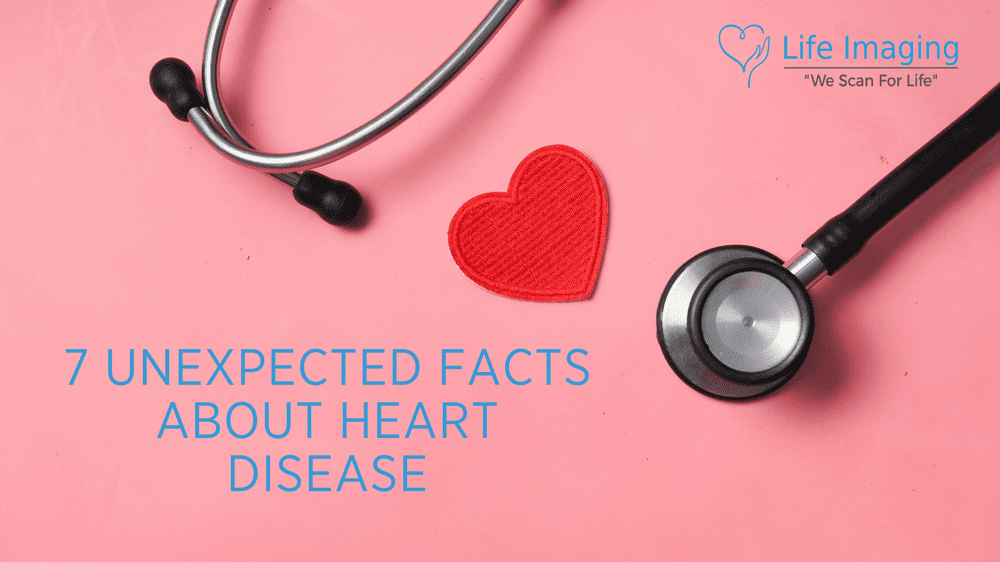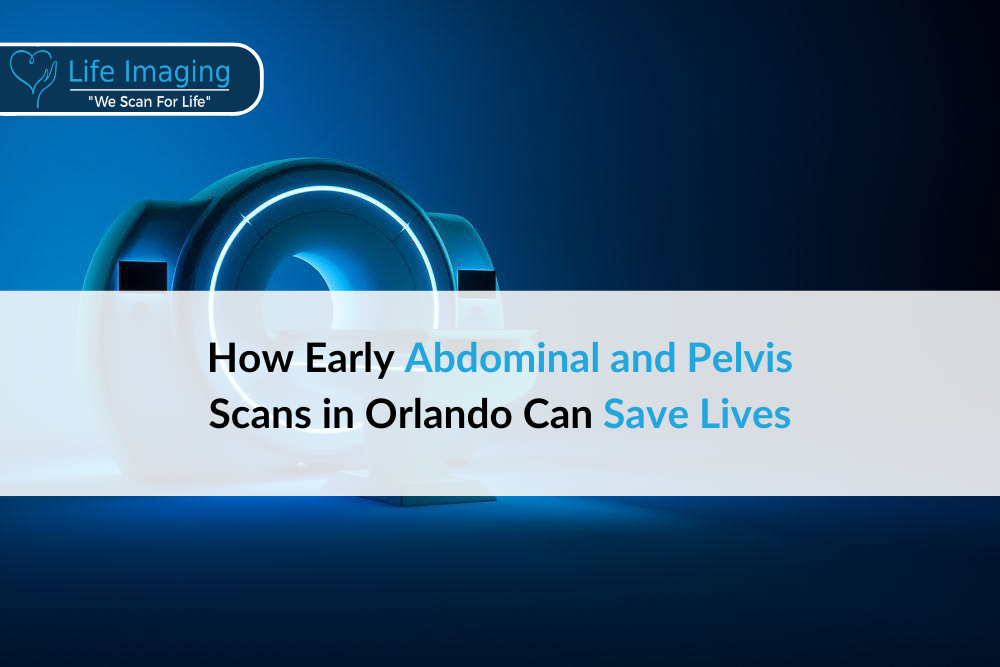
Steps to Take for Orlando Residents If Your Heart Scan Shows Abnormal Results
If you live in Orlando and recently had a heart
NOW OPEN! We’re excited to announce our new location in Jupiter, FL is now open! Learn more.

When it comes to heart disease, some facts are more known than others, including:
Related: Heart Disease in Women: Understanding the Symptoms and Risk Factors
Our mission is to educate and provide an affordable early detection system for one of the deadliest diseases known to mankind.
When it comes to heart disease, there is more to know them just the basics, so here are seven facts you might not know about heart disease.
1. Deaths From Heart Disease Are Dropping
In the past 40 years, the number of deaths from heart disease has fallen by 60%. The decline is probably the result of prevention and treatment methods evolving.
For instance, fewer people are smoking due to the social awareness of the harmful effects of smoking.
Also, more people can control their conditions like high blood pressure, and some heart doctors even think we could get rid of heart disease in the future.
However, today heart disease is still the leading cause of death in the United States.
2. Most People Don’t Know the Warning Signs of a Heart Attack
Just 27% of Americans know heart attack warning signs, according to the Centers for Disease Control and Prevention (CDC).
The low percentage of Americans knowing the signs of a heart attack could be the reason why almost half of the people who die suddenly from heart disease do so outside of a hospital.
Remember these heart attack warning signs:
If you or a loved one are experiencing these warning signs, please call 911 immediately.
It’s also important to know that older people, diabetics, and women are more likely to experience symptoms such as shortness of breath, weakness, nausea and vomiting, heart palpitations, and dizziness—without any chest discomfort.
3. Half of All Americans Have a Key Heart Disease Risk Factor
The CDC states that 49% of US people have high cholesterol or high blood pressure or are smokers. Each of those things can potentially cause heart disease.
Too much of the bad type of cholesterol, low-density lipoprotein, can block your arteries. High blood pressure can harm the walls of your arteries as blood pushes against them over time.
The chemicals in tobacco smoke attacks the blood vessels in a way that makes plaque more likely to build up, and the more you smoke, the higher your risk of heart disease.
Other factors can make heart disease more likely, including:
4. Chewing an Aspirin Helps During a Heart Attack
It’s true. One aspirin can help prevent damage from a heart attack.
If you have signs of a heart attack, the first thing is to call 911. Next, chew one 325-milligram aspirin while you wait for the ambulance.
Most heart attacks result from a clot that forms when plaque breaks off in an artery that supplies blood to the heart. Aspirin helps make clots go away.
5. A Flu Shot Can Help Your Heart
Everyone with heart disease should get a flu shot every year. Heart disease can make you too weak to fight off the flu.
And the flu can make heart disease worse. That, in turn, makes your heart attack risk go up. Make sure to get the shot, however, and not the nasal spray. People with heart disease should not get the nasal spray form of the flu vaccine.
6. Depression Makes Heart Disease More Likely
People with a chronic disease often develop depression. That includes people with heart disease. That might not be surprising, but did you know that the opposite is true, too? Having depression increases your risk of heart disease. It also can make heart disease worse. And it increases your chances of dying from a heart attack.
This may be because depression, in part, can lead to behaviors that harm the heart. These include things like smoking, drinking, and not exercising.
7. Watch Out for Heart Problems on Mondays
Heart attacks seem to occur at certain times more often than others. They’re most common on Monday mornings and in the fall and winter. That’s according to research published in the journal Circulation Research in 2010.
The study found that morning heart attacks also are more serious. The researchers think that the transition period between sleeping and waking may be the most dangerous time for a heart attack. Circadian rhythm, the body’s internal clock, may play a role in this.
Catch Heart Disease Early With Life Imaging
Regular self-exams and screenings can increase your chances of discovering heart disease early.
Related: What is Life Imaging? Everything you Need to Know
At Life Imaging, we provide an affordable early detection system for the deadliest diseases, including heart disease. Our FDA-approved, world’s fastest, and most accurate low-dose EBT scanner can detect symptoms years before the onset of deadly diseases.
Related: 5 Frequently Asked Questions at Life Imaging
Early detection saves lives and gives you peace of mind!
We now have a choice—no one needs to be a statistic any longer.
Check out our StartEngine raise to get a better understanding of Life Imaging!
If you have any questions, please let us know! We’d love to hear from you.

If you live in Orlando and recently had a heart

Calcified lymph nodes are small, hard lumps that can develop

Low dose CT scanners are advanced tools that play a

Virtual colonography is an advanced way to check the health

Feeling anxious before a medical scan is common. Many people

Lung cancer is a serious disease that starts in the

* Get your free heart scan by confirming a few minimum requirements.
Our team will verify that you qualify before your scan is booked.
Copyright © 2025 Life Imaging – All Rights Reserved